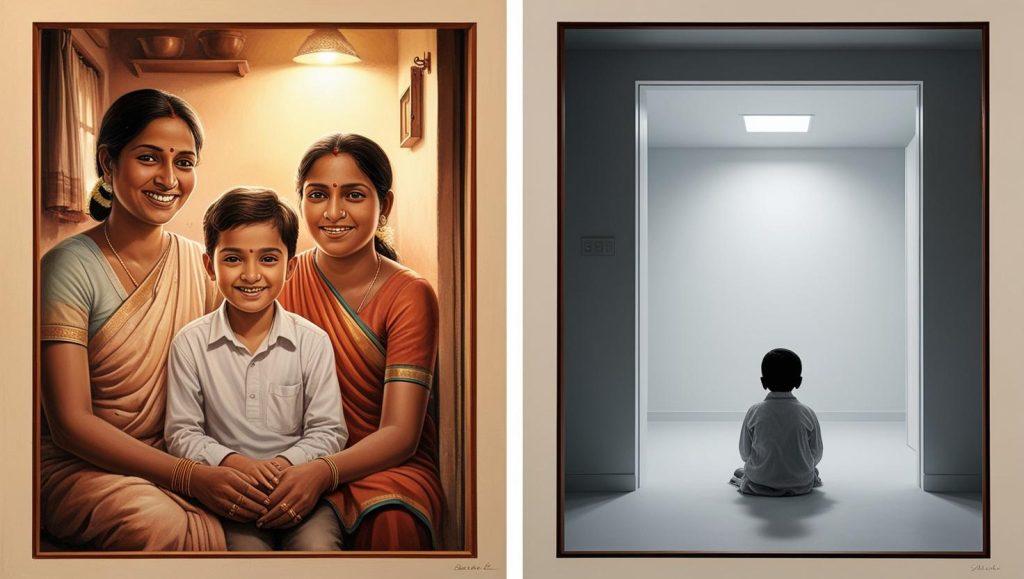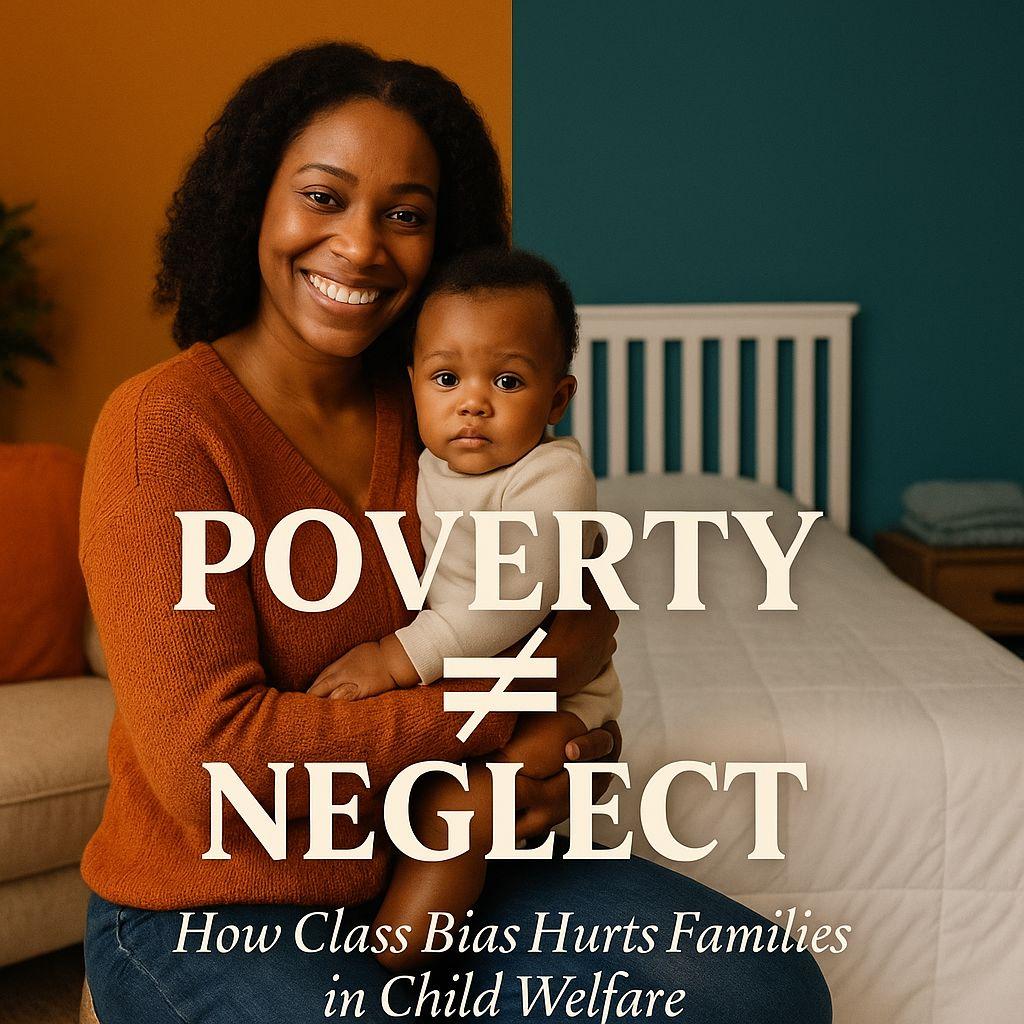In the global conversation about child welfare, one truth keeps rising to the surface:
Children thrive in safe, loving families—not institutions.
And yet, too often, children are separated from their families not because of abuse, but because of poverty or cultural misunderstandings. One of the hidden forces behind this injustice is a concept many have never heard of—bourgeois subjectivity.
What Is Bourgeois Subjectivity?
Bourgeois subjectivity is the way people from middle or upper-middle class backgrounds see themselves, others, and the world—shaped by values like:
• Individualism
• Private property
• Material success
• “Respectability”
It influences how we define “good parenting,” “a safe home,” or “a successful life.” And when these assumptions go unchecked in child welfare systems, they cause serious harm.

How This Shows Up in Child Welfare Decisions
Let’s break it down through real-world examples:
1. “The child would be better off in a clean, quiet foster home…”
Middle-class comfort is prioritized over family bonds.
But a crowded home can still be full of love and care—especially in cultures where extended families are the norm.
2. “These parents clearly don’t care—they don’t even have a proper crib or toys.”
Parenting is judged by what families own, not how they love.
Presence, affection, and storytelling do not require money.
3. “Why don’t they just get a job?”
This ignores systemic barriers like racism, lack of childcare, or immigration hurdles.
Working hard is not always enough in an unequal system.
4. “Removing the child is the best way to protect them.”
Separation is seen as safety.
But trauma from removal can last a lifetime, especially when poverty—not abuse—is the issue.
The Real Harm…
When middle-class norms are treated as the default standard, child welfare becomes a system that punishes poverty.
Poverty is not neglect. Poverty is not abuse.
Families are often torn apart simply because they lack resources—not because they lack love.
What Can We Do Instead?
Here are four ways we can begin to shift the narrative:
- Recognize Class Bias
Become aware of how personal background shapes assumptions.
- Listen to Families
Engage them as experts in their own lives. Ask:
“What do you need to raise your child safely?”
- Center Relationships, Not Appearances
Prioritize emotional safety, belonging, and connection.
- Invest in Prevention and Family Support
Keeping families together is more sustainable—and more just—than removing children.
We cannot reform child welfare by reinforcing one class’s vision of family. We need:
• Humility
• Cultural sensitivity
• Compassion
• Courage to challenge the status quo
“Every child deserves more than safety—they deserve connection.”
Let us build systems that reflect that truth.
Want to Learn More or Share Your Story?
Follow me on TikTok: @sharetostir
Contact: charistouch.worldwide@gmail.com
Subscribe to the newsletter for updates on family-first child welfare reform.





